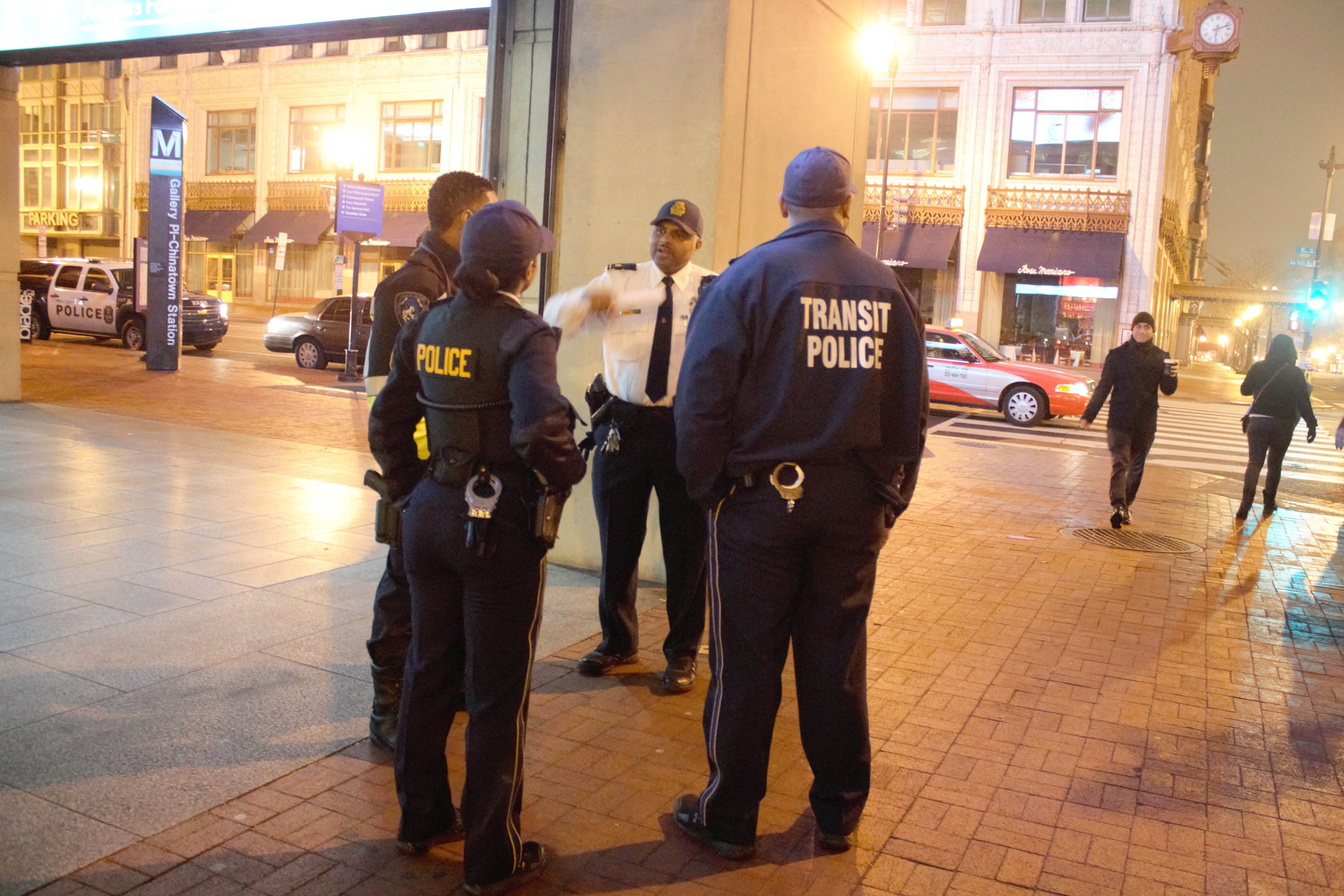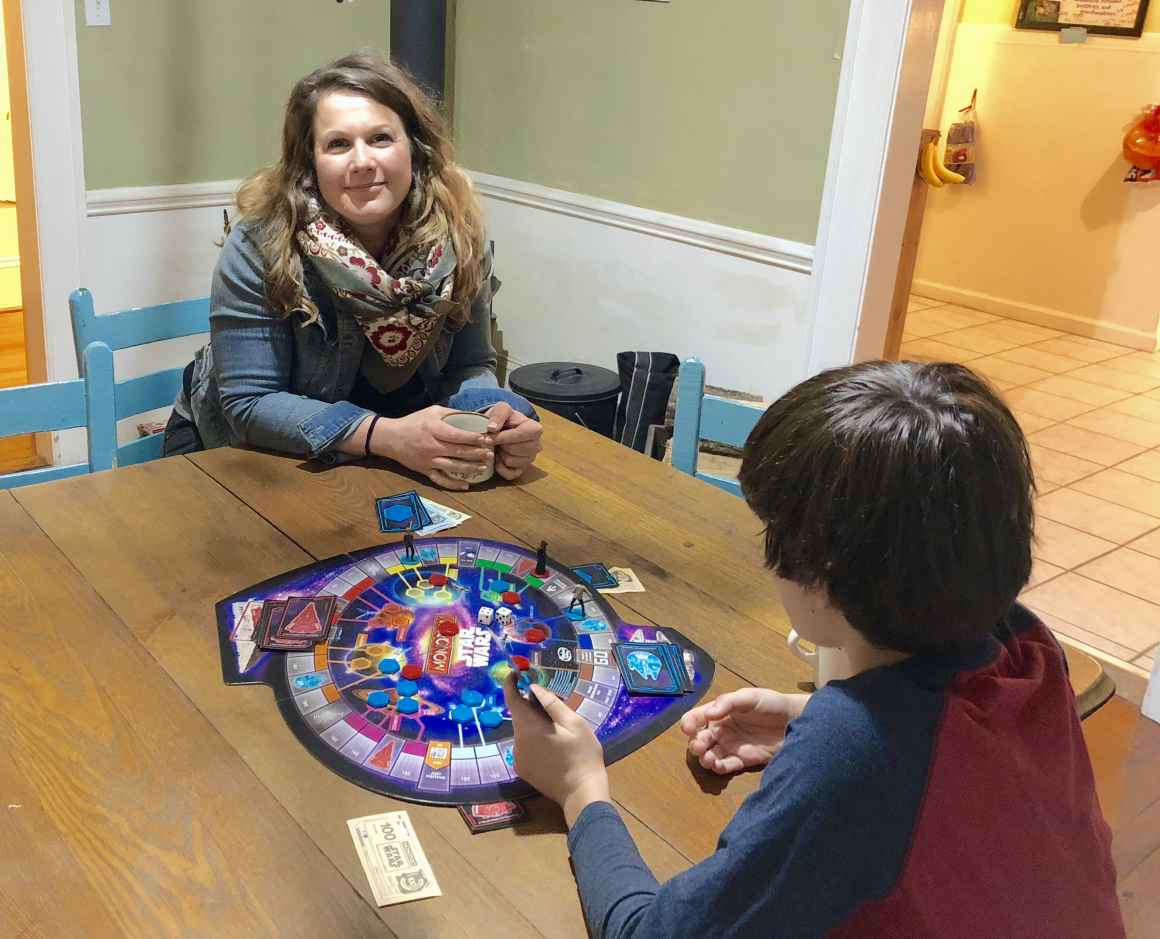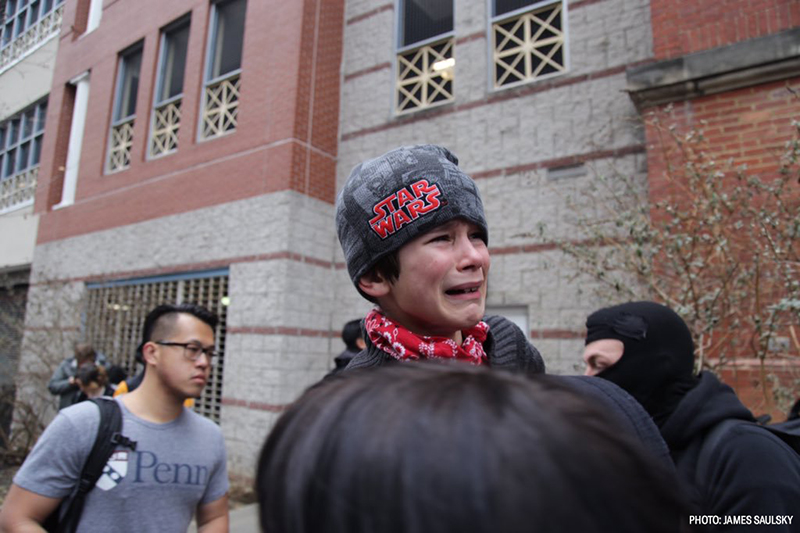Last week, WMATA’s Investigations Review Panel released a two-page report outlining its short analysis of four cases of complaints against Metro Transit Police Department officers in 2019.
WMATA launched this review panel in June of last year, in the midst of racial justice protests arising from the police murder of George Floyd and following years of community complaints and lawsuits involving Metro Transit Police engaging in racially biased and violent enforcement tactics, including tackling, pepper-spraying, and tasing Black Metro passengers for perceived violations of minor offenses like fare evasion.
Unfortunately, but predictably, the brief report released by the panel last week falls far short of what’s needed to accomplish true oversight and accountability of MTPD.
First, the report lacks basic details about the four investigations it reviewed – including the time and place of the incident, demographic information about the riders involved, specific facts of what took place, and the findings of the investigations themselves. How a “report” so deeply lacking in any useful details could purport to improve the integrity of investigations is confounding.
For example, in one review of an unlawful arrest allegation, the report simply says “agreed with investigations’ findings” without telling us what those findings were exactly. The same review indicates that investigators never interviewed the subject or witnesses and didn’t address the fact that the subject was in the parking garage legally and should not have been arrested. And only in the “recommendations” section do we learn that those arrested were juveniles.
Second, the report’s only substantive recommendation is for “additional training,” which we know is not enough to change the culture and practice of Metro Transit policing. What would this training entail? The report is thin on details there, too.
And finally, that there were only four investigations to review indicates a much bigger problem with the entirety of the complaints process. The fact that the one of the most high-profile incidents of 2019— MTPD officers tasering a bystander who verbally intervened when officers were detaining a Black teen—was not included in this report is astounding. For years, the ACLU-DC has heard from D.C. community members that complaints filed with Metro seem to fall into a black hole. This two-page report does little to address that perception.
For the WMATA board to truly demonstrate a commitment to racial justice through oversight and accountability of policing by the MTPD, it must establish a fully independent body that is authorized to receive and investigate specific incidents of MTPD officer misconduct. In addition to releasing detailed public reports, this body must be empowered recommend and implement changes, including discipline of officers.
In December 2020, the D.C. Council passed the “Washington Metropolitan Area Transit Authority Police Accountability Amendment Act of 2020” to create an independent, multi-jurisdictional civilian board to receive and investigate complaints against MTPD officers. To go into effect, Maryland and Virginia must pass identical legislation which would then go through Congressional approval. When the Council passed the bill in December, Chairman Mendelson made a commitment to work with D.C.’s neighbors and Rep. Eleanor Holmes Norton to make this a reality. As the District confronts the significant harms inflicted on D.C.’s Black and Brown residents by the system of policing, MTPD must not escape scrutiny.
Date
Tuesday, April 27, 2021 - 11:30amFeatured image

Photo: Elvert Barnes/Flickr

